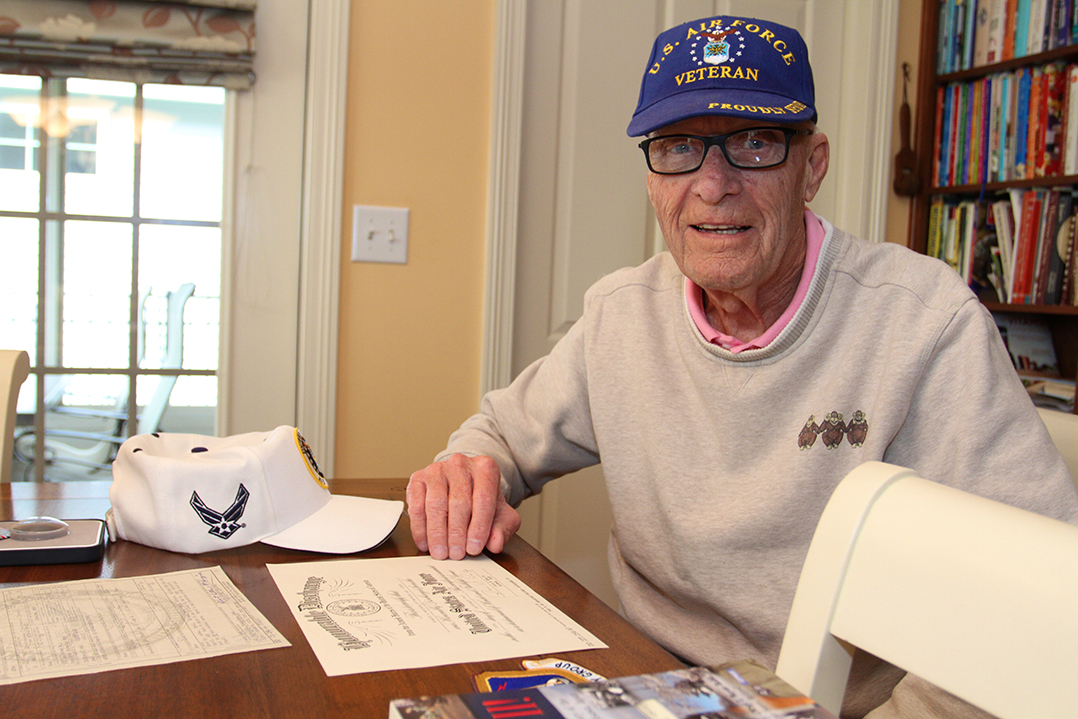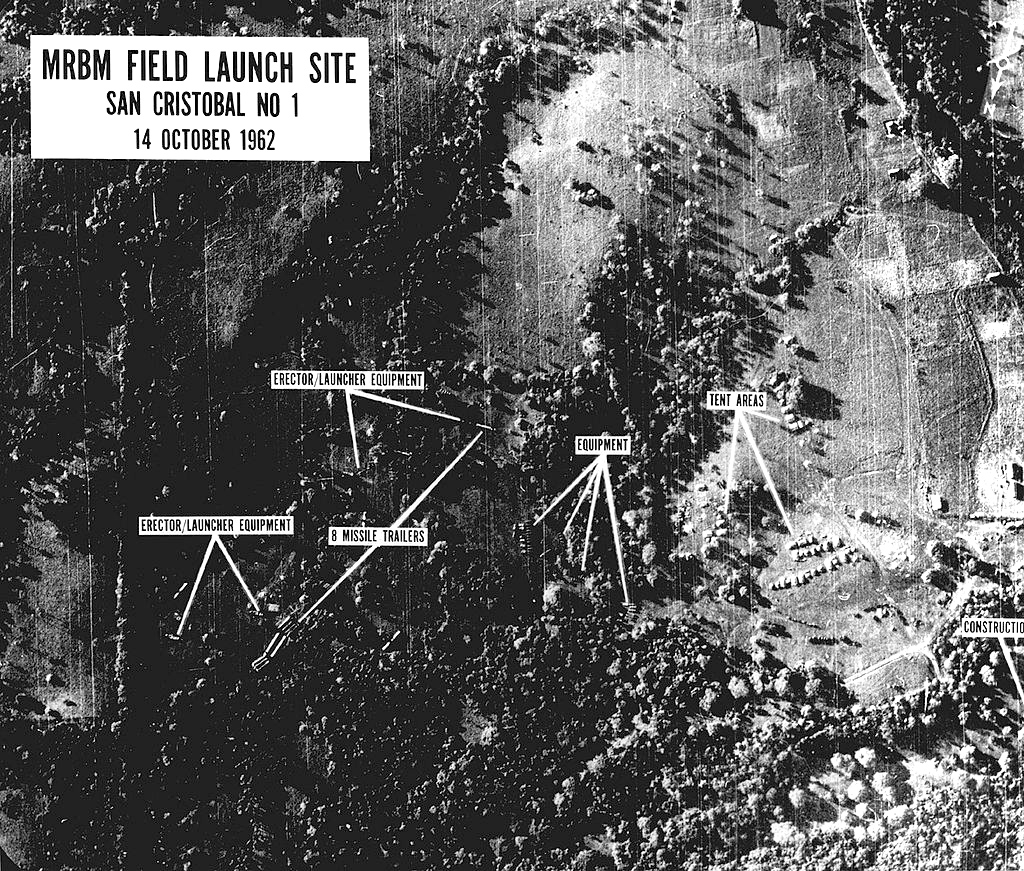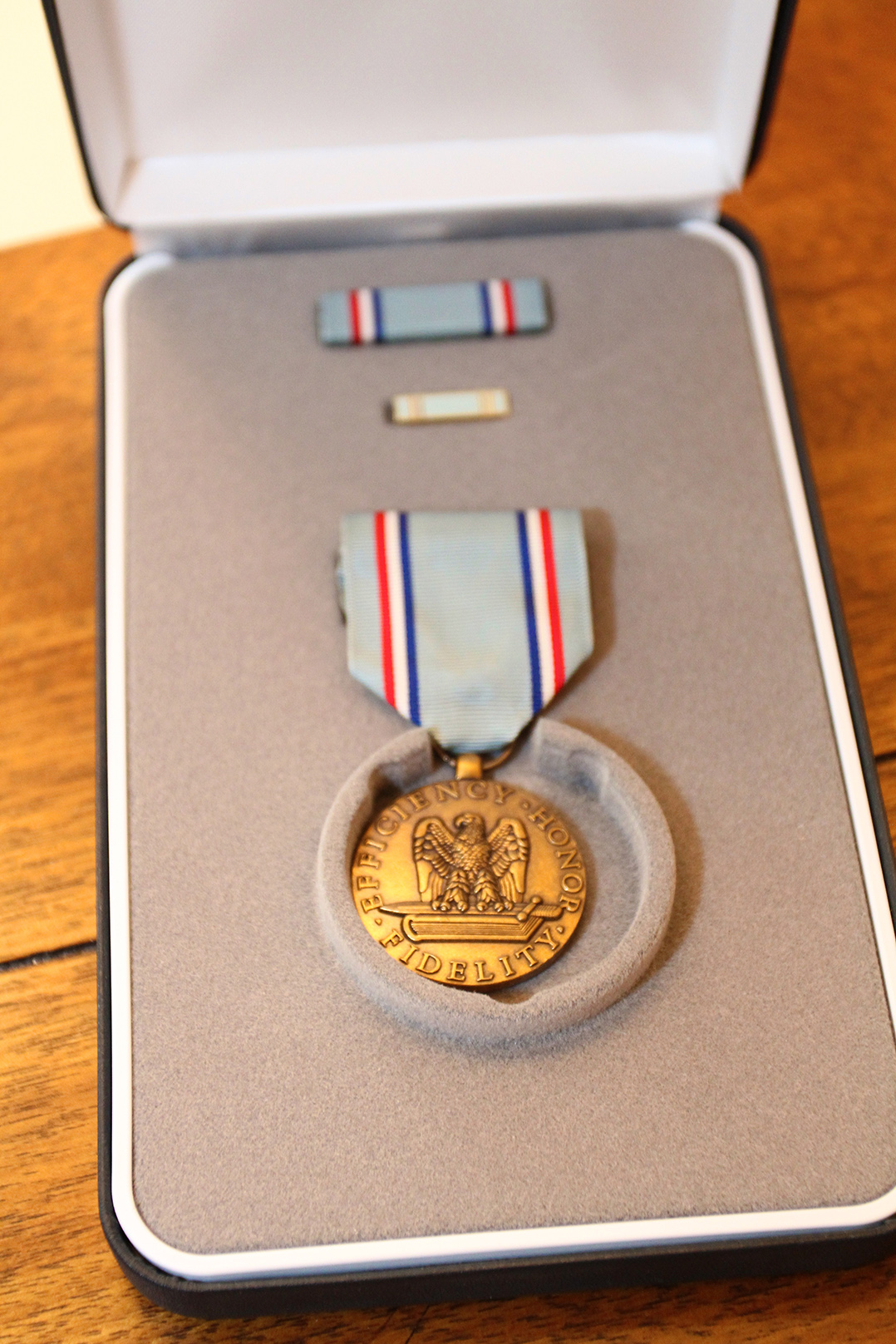Westfield resident Robert McKenzie kept a secret for 50 years.
The 79-year-old was drafted in 1961 and decided he didn’t want to go into the Army, so he went into the Air Force instead. As a result of his four-year service, he experienced the October 1962 Cuban Missile Crisis firsthand.
Then 24, McKenzie was older than most servicemen when he was drafted. He also had some college experience, which qualified him to go into classified security service. After training, he traveled to Misawa, Japan, in August of 1962 to work as a radio intercept analysis specialist.
“We monitored Russian communications, military communications, which they sent in code,” McKenzie said. “We had to attempt to decipher code and read messages and send that on to the higher-ups and the national security agency in Washington. They changed codes every day, so every day we had to re-decipher what the code was.”
He made $78 a month.
“These guys were sitting around with headsets and radio equipment tuning into different frequencies until they found something,” McKenzie said. “They had me listen to it, and I told them if it was worth printing or to forget about it.”
McKenzie said the most exhilarating time of his service was during the Cuban Missile Crises.
“The most exciting time, I guess, was during the Cuban Missile Crisis,” he said. “I just got off work, and this officer came and said, ‘You got to get back to work immediately.’”
When McKenzie returned to the secure compound where he worked, the DEFCON sign was flashing DEFCON 2.
“That’s almost nuclear war,” he said. “If it goes to (DEFCON) 1, it would be nuclear war. The military police were putting thermite bombs on all equipment. That means if we had to, as soon as the war started, the thermite would melt the equipment and the files if infiltrated. They were doing that, so we knew it was close.”
For two days, McKenzie wasn’t allowed to leave the compound. If war broke out, he and the other radio intercept analysis specialists would be evacuated first, even before women and children.
“We had top-secret clearance, and they didn’t want us captured,” he said.
The entire ordeal was a response from the failed Bay of Pigs Invasion and America’s placement of missiles in Turkey. In response, USSR leader Nikita Khrushchev placed nuclear missiles in Cuba to prevent a U.S. invasion of the Communist island nation.
Eventually, President John F. Kennedy negotiated an agreement with Khrushchev for the Soviets to pull the missiles from Cuba in exchange for the U.S. removing missiles from Turkey and agreeing not to invade Cuba.
After the crises, McKenzie was forbidden to speak about the event or his time in the service until 50 years passed. The 50th anniversary of his enlistment was 2011.
“It was just a rule set up by the military that you weren’t allowed to talk about what you did for 50 years, and then they declassify everything,” McKenzie said.
Before 2011, McKenzie’s wife Sue knew he had served in the military but nothing more. When he told her what his role was, she wasn’t surprised.
“Because of his personality, I really wasn’t surprised that that’s the type of job he would be in,” Sue said. “He just listens to other people more than (being) a talker, so I really wasn’t surprised because it fit his personality perfectly. He’s very analytical.”
When he left the military, McKenzie received an offer to work for the CIA but his wife at the time disapproved, so he began working in communications and electronics instead. He and Sue married in 1975 and moved to Westfield in 1995.
The only reason Sue even knew her husband served in the military was because shortly after they were married, he began speaking different languages in his sleep. When she raised concerns about the reasons, he told her he used to be in the military. McKenzie was then monitored by the military to be sure he didn’t divulge U.S. secrets in his sleep.
“(At the time), he didn’t tell me what he did or where he was, he just said he had learned some of these languages for his job,” Sue said. “Eventually, when he told our kids and our grandkids, they now say, ‘Grandpa was a spy.’”
BREAKOUT: What is DEFCON
There are five levels of DEFCON, or Defense Readiness Condition. It is an alert state used by the United States Armed Forces. Threat levels range from DEFCON 5, the least severe, to DEFCON 1, the most severe. The system is controlled by the U.S. president and the Secretary of Defense. The levels are as follows:
DEFCON 1: Nuclear war is imminent
DEFCON 2: Next step to nuclear war
DEFCON 3: Increase in force readiness above that required for normal readiness
DEFCON 4: Increased intelligence watch and strengthened security measures
DEFCON 5: Lowest state of readiness






